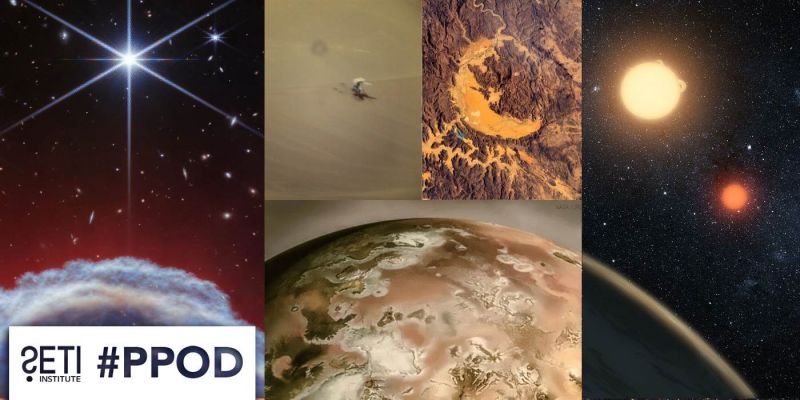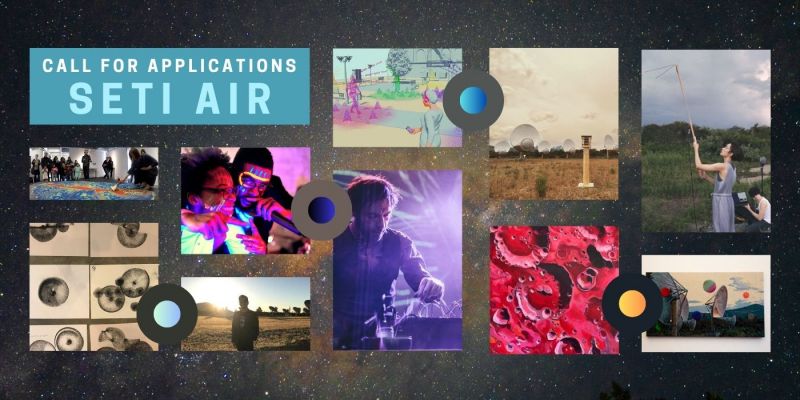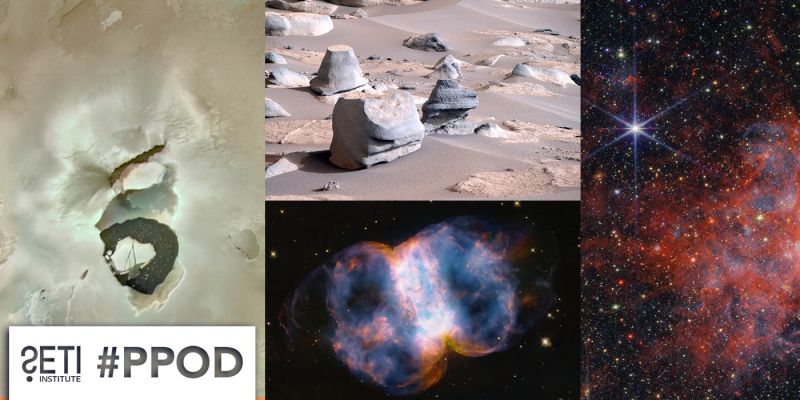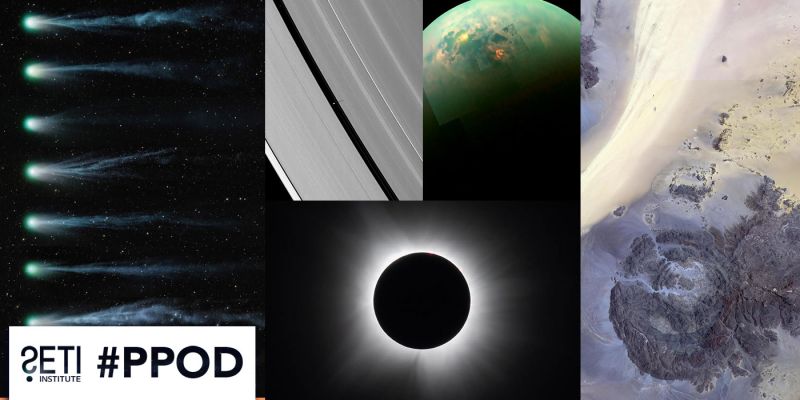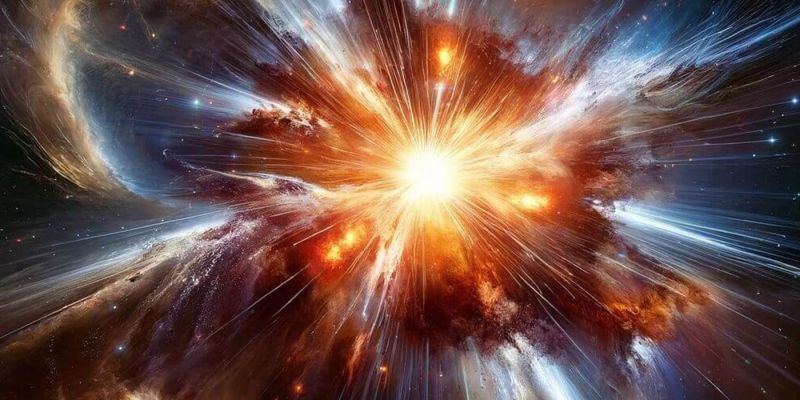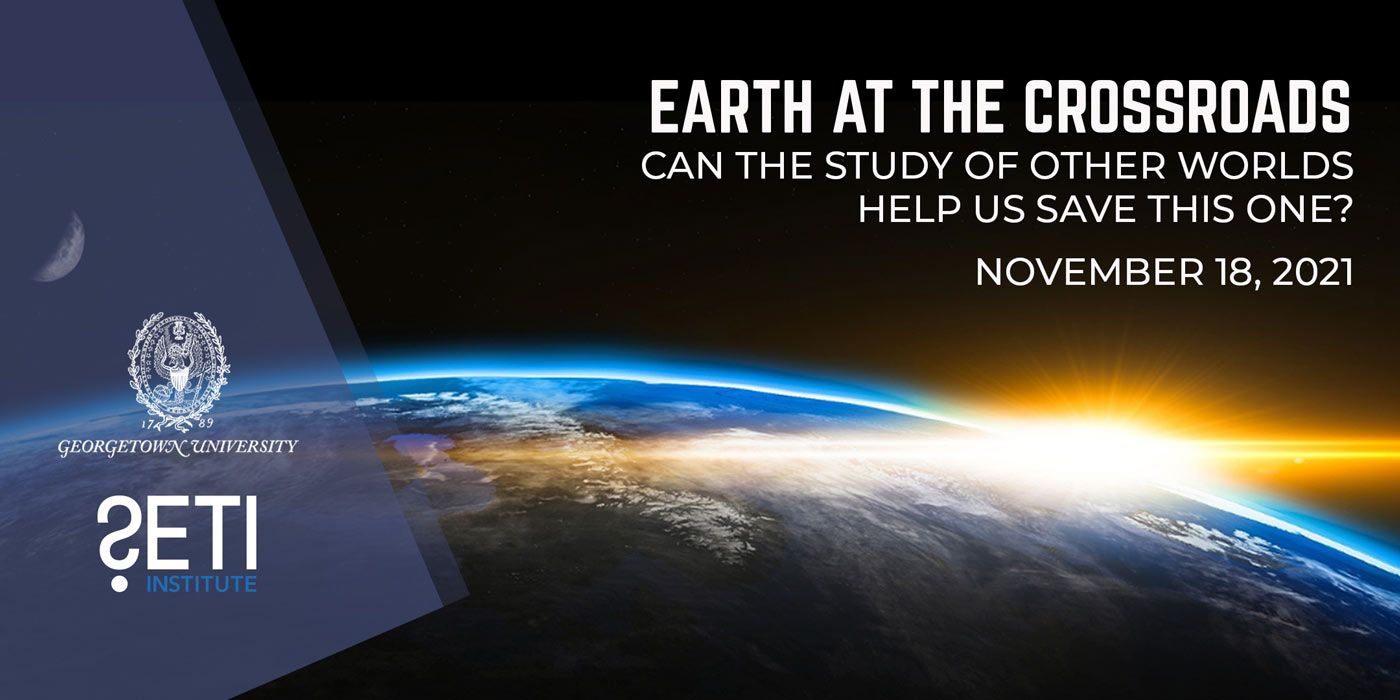
Tantalizing new discoveries suggest that we are probably not alone in the universe. And yet, as Enrico Fermi said in 1950: where is everybody? Are habitable worlds rare, unlikely, and therefore cosmically precious? Or is life easily overwhelmed by changing planetary conditions? Do technological societies in particular face an inevitable “Great Filter” that causes their extinction? These questions link the search for extraterrestrial life to the urgent environmental challenges facing our own civilization, from deadly pandemics to human-caused climate change. On November 18th, 2021, Georgetown University and the SETI Institute united scholars, journalists, artists and activists in conversations to explore what the search for alien life may reveal about the future of life on Earth. These conversations were open to Georgetown students and were livestreamed to the general public. They culminated in a closed-session roundtable discussion consisting of the program panelists, intended to draft a proclamation on the state of Earth’s environment and its future potential in a cosmic context.
The five panels at the November event introduced audience members to the ‘L’ variable of the Drake equation and its relevance to questions about humanity’s impact on Earth’s climate and its long term implications for our survival as a technological civilization. Subsequent panels explored the topic of ‘habitability’ in the context of the search for life beyond Earth and its relevance to understanding life on our own planet. Habitability was discussed in the context of life on Earth, habitability in the Solar System, and the habitability of exoplanets or planets orbiting distant stars. Each panel discussion was recorded as a separate session and they are available for viewing in the links below.
- Introduction
- A Planetary Perspective: Meet the L Variable
- Habitability at Home
- Habitability in the Solar System
- Habitability Beyond
- Habitability at Home Redux
The event also included a Georgetown University Student panel on Planetary Protection, a presentation of topical artistic programs from the artists of the Institute’s Artist-in-Residence program, and a workshop on the Library of the Great Silence.
Videos of each of these program events can be found here:
- Planetary Protection: A Student Perspective
- SETI Artist-in-Residence Program Performance
- Library of the Great Silence Workshop
- Ross Andersen, Deputy Editor, The Atlantic
- John Brooke, Ohio State University
- Morgan Cable, NASA Jet Propulsion Laboratory
- Nathalie Cabrol, SETI Institute
- Ann Marie Cody, SETI Institute
- Alfred Darlington (a.k.a. Daedalus), SETI Institute Artists-In-Residence (AIR) Program<
- Dagomar Degroot, Georgetown University
- Bill Diamond, President and CEO, SETI Institute
- Nadia Drake, Science Journalist, Contributor to National Geographic
- Bettina Forget, Director, SETI Institute Artists-In-Residence (AIR) Program
- Abigail Fraeman, NASA Jet Propulsion Laboratory
- David Grinspoon, Planetary Science Institute
- Alison Gorman, Flinders University
- Victoria Herrmann, The Arctic Institute
- Jordan Holmes (a.k.a. Dxtr Spits), SETI Institute Artists-In-Residence (AIR) Program
- Chris House, Penn State
- Sarah Johnson, Georgetown University
- Jonathon Keats, SETI Institute Artists-In-Residence (AIR) Program
- Kennda Lynch, Lunar and Planetary Institute
- Felipe Perez Santiago, SETI Institute Artists-In-Residence (AIR) Program
- Sofia Sheikh, Breakthrough Listen
- Ellen Stofan, Smithsonian Institution
- Jill Tarter, SETI Institute
- Paul Voosen, Science Journalist, Science
- Sara Walker, Arizona State University
- Michael Wall, Science Journalist, Space.com
- Michael Wong, Carnegie Institution for Science
- Alexandra Witze, Science Journalist, Contributor to Nature and Science
Student panel – planetary protection:
- Owen Chbani, Student, Georgetown University
- Zach John, Student, Georgetown University
- Mia Kuchner, Student, Georgetown University
- Clara Ma, Student, Georgetown University
Introduction to the 2021 conference hosted by the SETI Institute and Georgetown University.
Bill Diamond, Dagomar Degroot, Sarah Johnson, and Jonathon Keats
A Planetary Perspective: Meet the L Variable
Moderator: Nadia Drake, Science Journalist, Contributor to National Geographic
Panelists: Michael Wong, Ann Marie Cody, and Nathalie Cabrol
Habitability at Home
Moderator: Paul Voosen, Science Journalist, Science
Panelists: Ellen Stofan, Chris House, and John Brooke
Habitability in the Solar System
Moderator: Michael Wall, Science Journalist, Space.com
Panelists: Kennda Lynch, Abigail Fraeman, and Morgan Cable
Habitability Beyond
Moderator: Ross Andersen, Deputy Editor, The Atlantic
Panelists: Sofia Sheikh, Sara Walker, and Jill Tarter
Habitability at Home Redux
Moderator: Alexandra Witze, Science Journalist, Contributor to Nature and Science
Panelists: Alice Gorman, David Grinspoon and Victoria Herrmann
Planetary Protection: A Student Perspective
Moderator: Clara Ma
Panelists: Mia Kuchner, Owen Chbani, and Zach John
SETI Artist-in-Residence Program Performance
Presenter: Bettina Forget, Director, SETI Institute Artists-In-Residence (AIR) Program
Performers: Jordan Holmes (a.k.a. Dxtr Spits), Felipe Perez Santiago, and Alfred Darlington (a.k.a. Daedalus)
Library of the Great Silence Workshop
Facilitator: Jonathon Keats, SETI Institute Artists-In-Residence (AIR) Program

